
Staff at England’s only gender clinic for children say concerns about the treatments they administered on children were shut down, leaked documents reveal.
Clinicians reported worries that some patients were referred onto a gender transitioning pathway too quickly.
In the transcripts of a review seen by the BBC, staff are damning in their assessment of some parts of the service:
“Let’s pray that I am wrong because if I am not wrong, very many vulnerable children have been very poorly treated and will be left with, potentially, a lifetime of damage here,” one says.
“The reality is, by not doing anything, children are potentially still being medically mismanaged.”
The Tavistock – like other NHS organisations – has a named person clinicians can turn to discuss specific safety concerns.
But staff allege they were discouraged by GIDS Director Polly Carmichael from going to see the Trust’s safeguarding lead, and from referring cases to social services.

A new report by UK parliamentarians warns of an “unfolding genocide” in Nigeria against Christians, highlighting the religious element behind the violence. It calls for UK aid to be linked to efforts to protect Nigerian villagers from attacks by Islamist extremists.
The new report by the All Party Parliamentary Group on Freedom of Religion and Belief, Nigeria: Unfolding Genocide?, is the result of an investigation by 100 UK parliamentarians.
It describes attacks on churches and Christians which killed more than 1,000 in 2019. A partner of Release International, which supports victims of violence, estimates 30,000 have been killed since the conflict began in the 1980s. The United Nations put the death toll at 27,000.
Forbes contributor, Ewelina U. Ochab, said there are several steps that need to be taken to address the atrocities and the APPG’s report maps these, including comprehensive investigations and prosecutions. However, she said, “the comprehensive response will not happen until we recognize, once and for all, the nature and severity of the atrocities”.
“If the Nigerian Government is blind to the issue of religious persecution in the country, it is clear that the issue will not be addressed. However, the international community cannot be blind to the reports of atrocities and must ask important questions.”
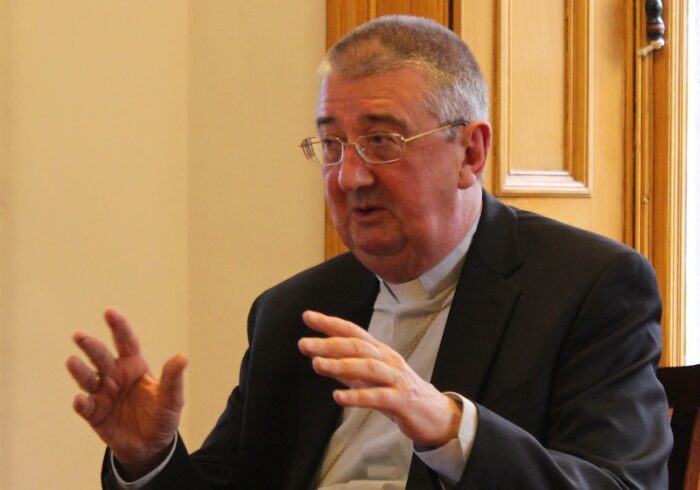
It is unfair to have a “one size fits all” rule in relation to the number of people who can attend church, according to the Catholic Archbishop of Dublin, Diarmuid Martin.
He was speaking after the Government announced Friday that at most fifty people could attend indoor events, including religious services, a decision that Dr Martin called “strange” and “disappointing”.
Speaking on RTÉ radio’s Morning Ireland, the Archbishop said some churches in the diocese of Dublin are so small that they would not 50 people while others could fit 1,500.
“We’ve worked very hard to prepare churches – to put signage, to arrange stewarding, to ensure there is very little interaction and if you’ve got a church with 1,500 people and only 50 people are allowed to enter, it is surprising.
“We have to find a way in which you have some relationship between the size of the church and the number of people who will come.”
David Pierrepoint, Church of Ireland archdeacon of Dublin agreed with Dr Martin, pointing out that with some large churches, like Christchurch Cathedral it would be unfair to make “someone at the door with a clicker machine” telling people they could not enter once the figure of 50 had been reached.
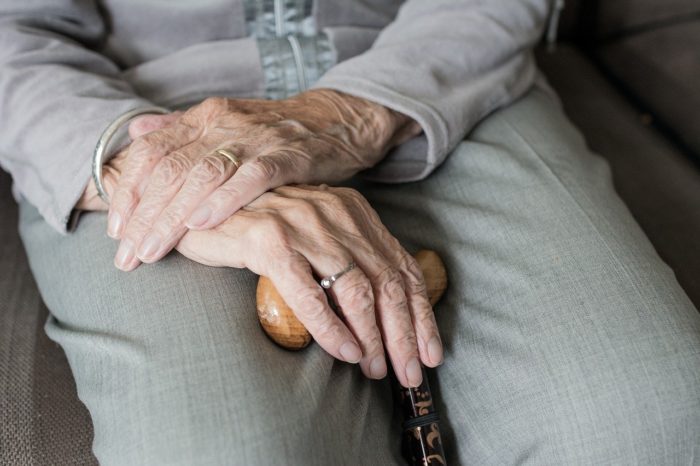
A High Court judge says hospices will not be forced to provide assisted dying if New Zealanders vote to legalise voluntary euthanasia at this year’s general election.
The decision by Justice Jillian Mallon also says aspects of the End of Life Choice Act are causing confusion among health providers and Kiwis generally.
Hospice New Zealand had asked the court to rule on several questions, including whether organisations can conscientiously object to providing assisted dying, before Kiwis are asked in September to decide on what side of this debate they stand.
Justice Mallon said hospices and other organisations “are entitled to choose not to provide these services”.
“Hospices or other organisations that choose not to offer assisted dying services may employ or engage health practitioners on the basis that these services are not provided by the hospices or organisations, but it will also be necessary to have arrangements for how health practitioners can comply with their objections under the End of Life Choice Act if a request is made of them by a person in the hospice or organisation’s care.”
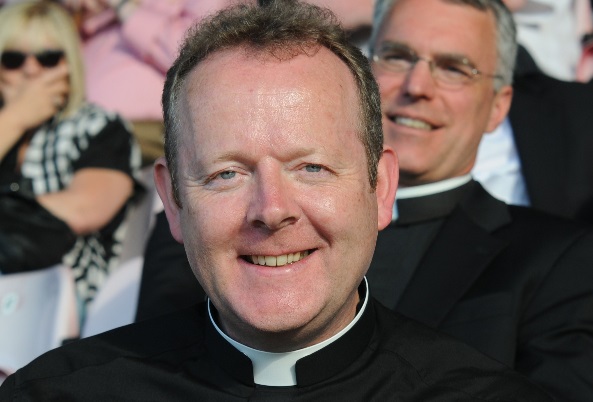
The announcement by the Northern Ireland Executive that Churches may reopen for public worship from 29 June next, the same day as in the South, has been welcomed by the Catholic Archbishop of Armagh.
Dr Eamon Martin said the date is particularly helpful as parishes in cross-border communities will be able to plan together for a safe return to Mass at the same time. Numbers allowed in will be limited and social distancing will apply.
“I have been heartened by the amount of preparation which is already ongoing in our parishes to ensure that our sacred spaces will be as safe as possible when we begin to gather again together in prayer. I expect that we will be beginning in a cautious way at first, and there will be a need for ongoing patience and careful monitoring of the situation, he said.
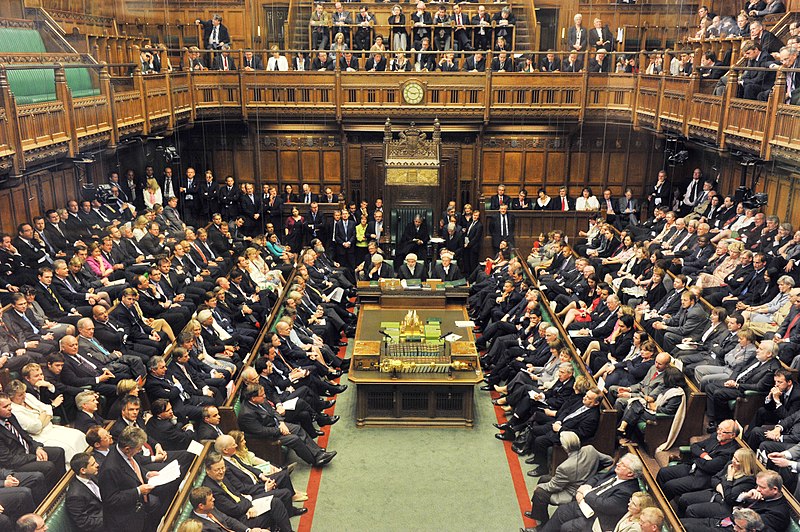
The Conservatives in the UK have passed another stage of a radical no-fault divorce Bill despite extensive opposition from within the party.
The bill removes the need to prove ‘irretrievable breakdown’, and ends fault-based grounds for dissolving a marriage.
Instead, it allows a person to divorce their spouse in six months against their will without giving a reason.
A debate on numerous moderating amendments was held Wednesday evening, but none were passed.
Conservative MP, Sir Edward Leigh, said the changes amount to ‘quickie divorce’, will lead to more marriage breakdown and will hurt the poor the most.
He also said the new regime is unjust to a spouse who is being wronged:
“We should think of the wife who is faithful to her husband for 30 years only for him to run off. She will have no way of getting a divorce that recognises who was in the right and who was in the wrong—that is taken away. . . . We should think of the man or woman who is mentally or physically abused by his or her spouse. He or she will be unable to get any recognition of that through the divorce process. This new system will be blind to all suffering and to all injustice. The spouse being divorced against his or her wishes will have zero opportunity of contesting the divorce to try to save the marriage or to slow things down and plan for the future”.
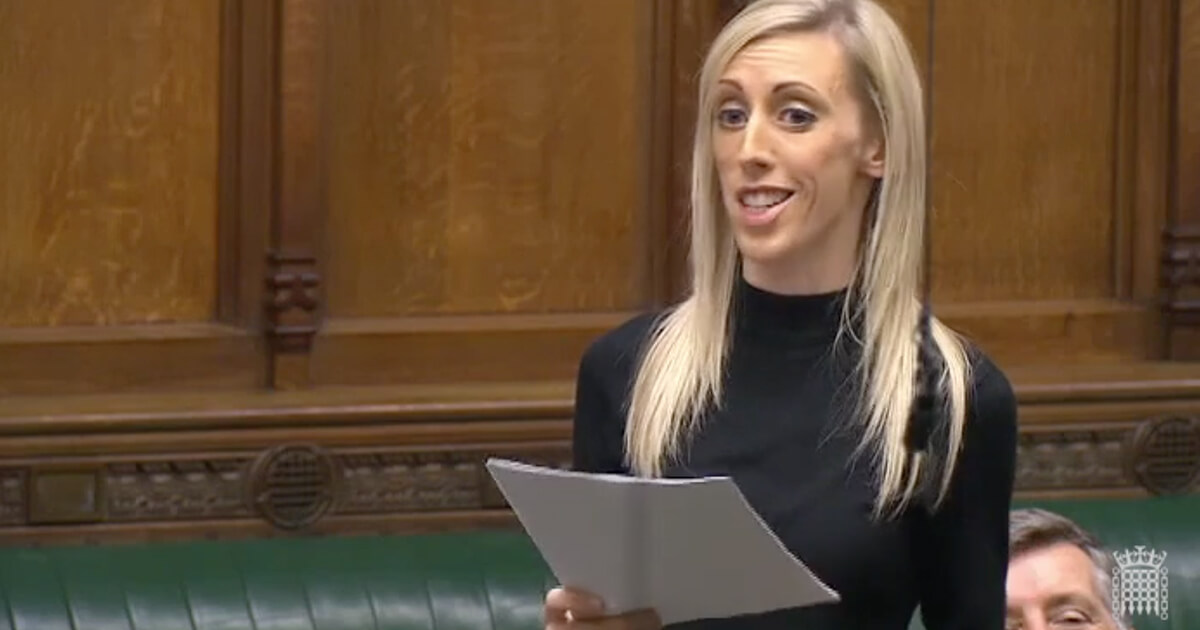
The House of Commons voted Wednesday by a 2 to 1 majority to confirm the extreme abortion regulations recently imposed on Northern Ireland.
The regulations stem from legislation passed by Westminster last July.
The House voted 253 to 136 to confirm them, but there were 261 abstentions.
Carla Lockhart of the Upper Bann constituency said Wednesday was a dark day for Northern Ireland.
She lamented that Westminster had imposed an extreme abortion law on the people of the North in what should have been a devolved matter.
She thanked the 136 parliamentarians who voted for life and added that the unborn babies deserve better.
Jim Shannon, MP for Strangford, called a point of order and said it was his understanding that many abstained because they felt the Northern Ireland Assembly should have been the body that looked at this. “If we add the Noes, who voted against the abortion legislation in this House, and the abstentions, it comes to a figure of 397 out of 650. My point of order is: has the House expressed its true wishes in relation to this legislation?”
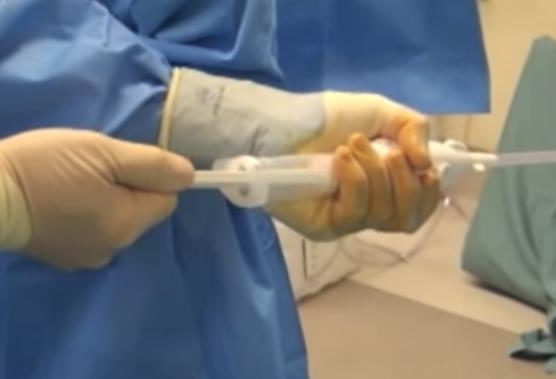
Some of the vaccines being developed for COVID-19 pose an ethical threat as they use old cell lines, created from the cells of fetuses who were aborted.
Dr. Edward Furton with the National Catholic Bioethics Center in the US says in such cases, “the researcher stands by and is ready to receive the materials as soon as the abortion is completed. These are placed into a petri dish with appropriate nutrients and they begin to duplicate themselves and each duplication is a passage and over time this is called a cell line. So the cells that are produced in a line are descended cells from tissue taken from an original abortion”.
However, he says the cells are not actually needed. “They don’t need to start this way they can grow vaccines in other ways.”
Helen Watt, with Anscombe Bioethics Centre in the UK, said some methods don’t use cells at all and some use cells from animals or plants. “Unfortunately some methods use cell lines originally developed from tissue taken from an aborted baby. These are cell lines that have been circulating for decades in labs throughout the world. So obviously those cells do create questions of conscience.”
However, not all current coronavirus vaccine trials involve such morally dubious methods.

Americans are less sexually active than in the past, and this decline is being led by the young.
In the early 2000s, about 73 percent of adults between the ages of 18 and 30 had sex at least twice a month. That fell to 66 percent in the period from 2014 to 2016, according to an analysis of US data.
Sex is also down among teenagers. Earlier this year, the Centers for Disease Control and Prevention reported a decline in the share of high school students who said they ever had sex: from 47 percent in 2005 to 41 percent in 2015. Sexual activity among teenagers fell the most between 2013 and 2015, about the same time that sex took a real dip among 18- to 30-year-old adults.
While the cause is not known for sure, social scientists have offered a few explanations. The younger generation tend to be more cautious. There are growing concerns among women about the risk of a sexual encounter turning into an assault. And a poor economy with little job security has made young adults increasingly likely to seek shelter with a parent than to live on their own or enter into marriage. Other say increased time spent online is a factor.

A mother has asked the High Court to halt the artificial feeding and hydration of her daughter, aged in her 20s, who has been in a so-called ‘vegetative state’ for almost 10 years.
The mother believes the feeding/hydration regime is “cruel”, contrary to her daughter’s dignity and best interests and that, if her daughter could express a view, she would not wish it to continue, High Court president Mr Justice Peter Kelly noted.
If the mother’s application is granted, it will lead to the daughter’s death.
A related case was heard a month ago involving the same woman when her mother applied for a DNR order should any adverse problem arise with surgery she was about to undergo.
Now, the mother wants the court to make orders which would bring about removal of feeding and hydration “with the inevitable consequence that would have for any human being”.
Noting the mother has said she lacked the financial means to fund the application, the judge said he was glad that the HSE had said it will meet costs of her lawyers and medical reports under an agreement.